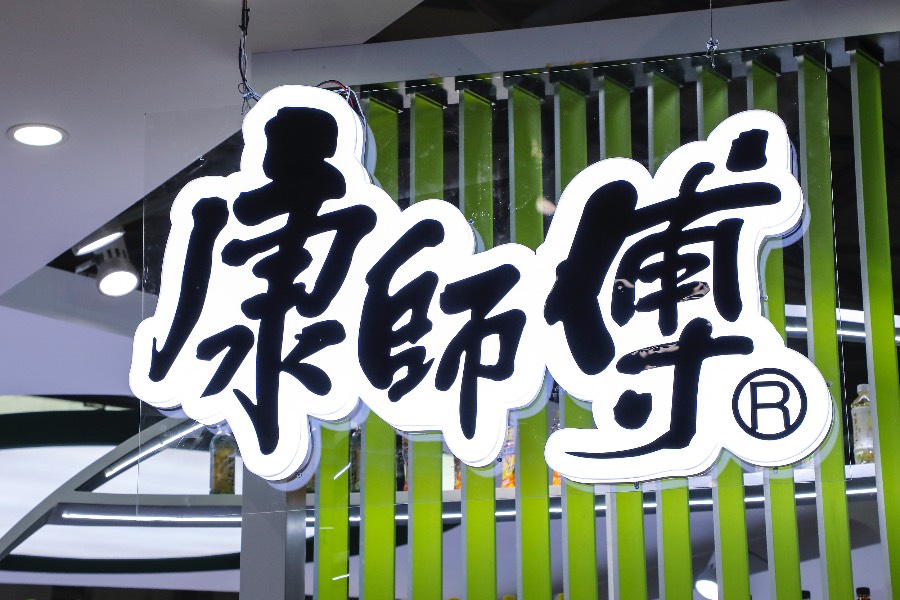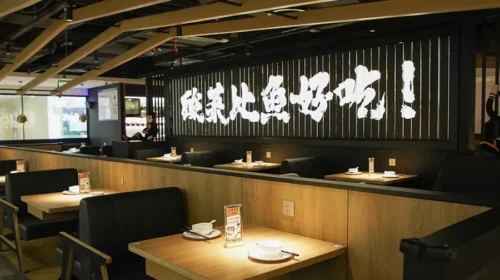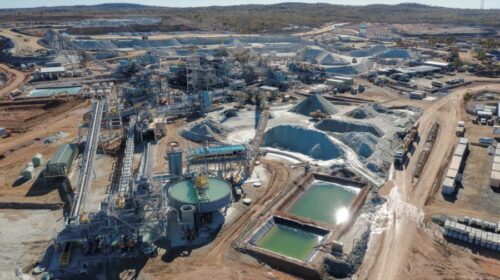The secret sauce behind Tingyi’s rising profits: Price hikes

The instant noodle and beverage maker’s profit rose 21% in the first half of the year after the company raised its prices, resulting in a slight dip in its revenue
Key Takeaways:
- Tingyi’s profit rose by over 20% in the first half of the year, even as its revenue fell by 2.7%
- The instant noodle and beverage maker’s gross profit margin increased by nearly 2 percentage points during the period
By Lau Chi Hang
Food and beverage giant Master Kong took a chance when it made some bold moves more than a year ago. It raised the prices for its beverages by 17% to 25% in late 2023, and followed with an 8% increase for its signature instant noodles in May last year. Some saw the moves as overly aggressive and worried they would dampen sales, given weak consumer sentiment and higher price sensitivity in China’s slowing economy.
Consumers made their frustrations known, responding with criticisms like: “Go ahead and raise prices, I won’t drink their beverages anymore.” Others threatened to jump to the competition with words like “I never thought the day would come when Uni-President becomes the budget alternative to Master Kong.” Stung by the increases, some consumers voted with their wallets and stopped buying Master Kong noodles or beverages.
While the chorus of complaints still lingers, Master Kong’s parent, Tingyi (Cayman Islands) Holding Corp. (0322.HK) is looking more like the shrewd businessman these days, more than a year after the hikes. The company delivered surprisingly strong results for the first half of this year, proving the hikes were the right move and even a masterstroke by a Master Kong.
Tingyi’s top-line revenue was still suffering some fallout from the hikes, dropping 2.7% year-on-year to nearly 40.1 billion yuan ($5.59 billion) in the first half of 2024, according to its midyear report released last week. Despite that dip, the company’s profit rose by a healthy 21% to 2.27 billion yuan. Excluding one-time gains from the sale of a subsidiary, its core profit rose 12% to 2.11 billion yuan. Such double-digit growth looks impressive for a traditional company like Tingyi, especially in the current economy.
Tingyi attributed the profit growth to a better cost structure and improved operational efficiency, which drove its gross margin up by 1.9 percentage points year-on-year to 34.5%. The bottom line is that while the price hikes caused sales to cool, they also made the company more profitable overall.
Revenue down, profit up
Instant noodles, the larger of Tingyi’s two core business lines, recorded revenue of 13.47 billion yuan in the first half of 2025, down 2.5% year-on-year. But product upgrades and the price hikes helped to boost the segment’s gross profit margin by 0.7 percentage points year-on-year to 27.8%. That translated to an 11.9% rise in profit for the segment to 951 million yuan in the first half of 2025.
Revenue from the company’s beverages segment also fell by 2.6% year-on-year. But similar to instant noodles, the segment’s gross profit margin jumped by an even larger 2.5 percentage points to 37.7%, helping to boost its profit by 19.7% to 1.34 billion yuan.
The company’s finances also remained solid. Its bank deposits and cash stood at 19.49 billion yuan at the end of June, up nearly 3.5 billion yuan from the end of last year. And after deducting interest-bearing loans of 15.02 billion yuan, the company’s net cash was up to 4.47 billion yuan.
While Tingyi performed well in the first half, investors should still temper their expectations for its future outlook. As a mature company operating in China for many years, its market share has become quite stable by now, with only limited prospects for gains. The golden era of riding the country’s double-digit economic growth to fat revenue and profit gains is in the past, and now just slight top- and bottom-line growth are both considered satisfactory.
Tingyi is well aware of that reality, and relies heavily on high dividend payouts to attract today’s investors. That may explain why the company has distributed nearly all its profits to shareholders in recent years. The high dividend payout ratio is not only a gesture of appreciation, but also reflects the company’s maturity and limited new growth prospects. No longer needing to retain large cash reserves to fuel its expansion, the company has chosen to return all of its profits to investors.
Little room for more price hikes
With limited scope for significant new market inroads, raising prices is one of the few tools a company like Tingyi has to boost its performance. But such hikes come with the usual perils of scaring off customers, which is especially true for a company like Tingyi that caters primarily to budget-conscious consumers with its cheap products. That means the company is unlikely to raise prices again for the next two or three years unless absolutely necessary, limiting its room for near-term margin improvement.
While price hikes contributed to the profit growth in the latest period, falling raw material prices also played a role. The latest results showed that prices for three of Tingyi’s key materials, white sugar, flour and PET particles, all decreased year-on-year. Those were partly offset by a 24% increase in prices for palm oil, another key ingredient. Those kinds of moving parts are beyond the company’s control, and could have a more pronounced impact on its profitability for the next few years if the company keeps its own prices stable.
Not to investor tastes
Its low growth prospects are translating to limited appetite for Tingyi’s stock as a long-term investment. The company’s shares fell as much as 6.2% the day after the latest results announcement, ultimately closing down 1.75% at HK$11.20.
Tingyi’s forward price-to-earnings (P/E) ratio is around 15 times, while its main rivals, Uni-President (0220.HK) and Want Want (0151.HK), trade at ratios of 17 times and 14.5 times, respectively. That shows investors see similar value in the entire group, with Tingyi firmly in the middle of its two peers.
Following release of the results, CLSA noted that Tingyi’s profit, excluding one-time items, was 2% below its forecast, and highlighted uncertainties in the competitive landscape and beverage market in China’s weak economy. Citi also drew attention to concerns driven by Tingyi’s persistently weak revenue and ongoing loss of market share.
To subscribe to Bamboo Works weekly free newsletter, click here





